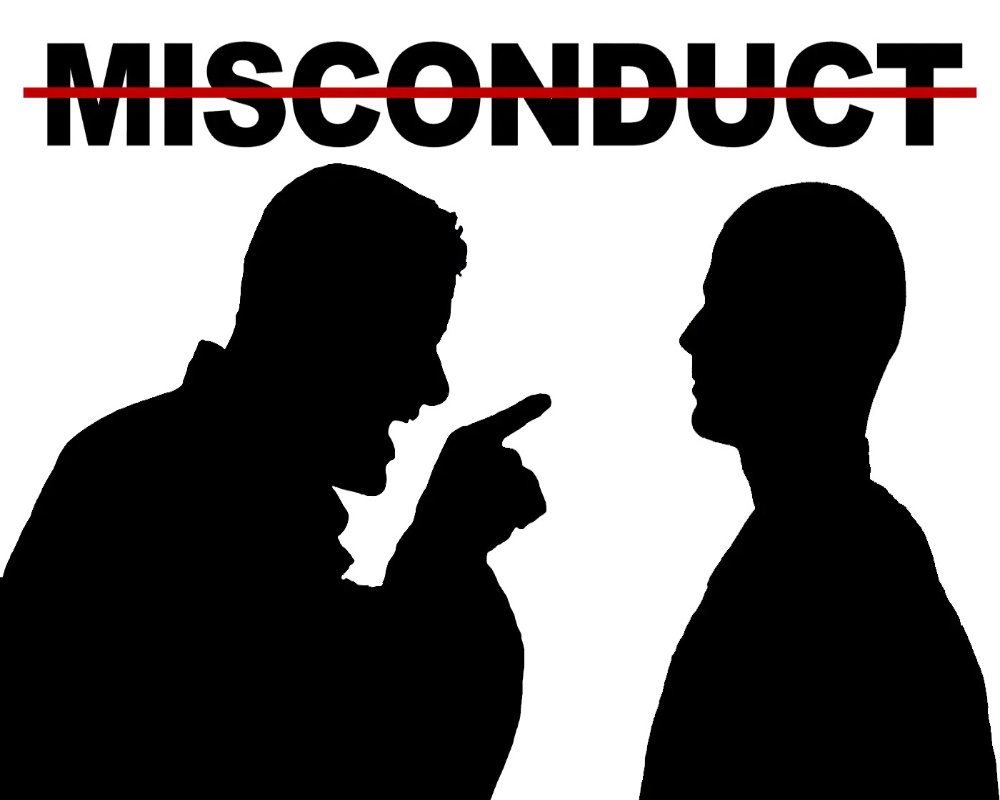Breach of Fiduciary Duty
Partners owe each other a duty of honesty, loyalty, and good faith. Any act that betrays this trust is considered misconduct.
- Withholding financial records or misrepresenting facts
- Diverting business opportunities for personal gain
- Failing to disclose conflicts of interest
- Acting against the firm’s interest for personal benefit
- Secretly competing with or working for a rival business
Financial Irregularities and Misuse of Funds
Improper handling of the firm’s financial resources or accounts is a serious form of misconduct.
- Embezzlement or misappropriation of partnership funds
- Unauthorized withdrawals or unrecorded drawings
- Falsifying books of accounts or hiding liabilities
- Using firm assets for personal use without consent
- Concealing profits or manipulating expense entries
Violation of Partnership Deed Terms
Ignoring or breaching the written terms of the partnership agreement is misconduct, whether intentional or negligent.
- Failing to perform assigned roles or responsibilities
- Making decisions without partner approval when required
- Bringing in a new partner or altering the business without consent
- Violating agreed profit-sharing or capital contribution rules
- Not complying with the firm’s internal governance procedures
Illegal or Immoral Conduct
A partner’s conduct outside the firm can also qualify as misconduct if it affects the firm’s reputation or legal standing.
- Engaging in criminal activity (fraud, theft, corruption, etc.)
- Causing reputational damage through immoral public behavior
- Getting convicted for offences involving moral turpitude
- Defaming the firm or fellow partners in public or to clients
- Violating government regulations while acting on behalf of the firm
Persistent Negligence or Mismanagement
Consistent failure to carry out partnership duties or mismanaging operations can be treated as misconduct.
- Ignoring client obligations or deadlines
- Frequently missing meetings or key decisions
- Incurring unnecessary expenses or losses through poor judgment
- Failing to comply with regulatory filings and taxes
- Undermining teamwork and damaging internal communication


0 Comments